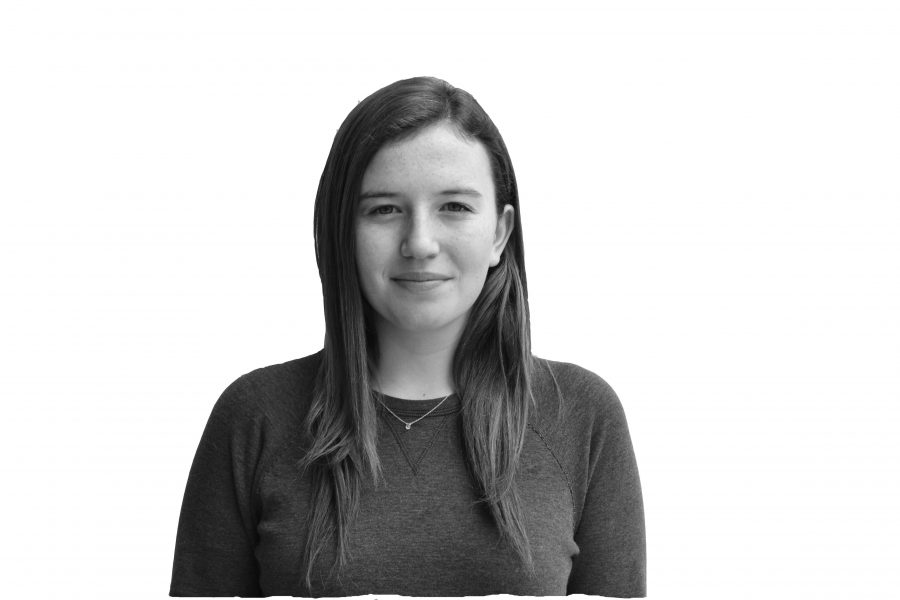Four-thirty a.m. I lean over the side of my bed. My arm lazily falls on the snooze button of my alarm clock.
5:00 a.m. I silently convince myself not to go back to sleep as I roll out of bed for early morning seminary.
5:55-6:40 a.m. I sluggishly grab a bowl of cereal and sit down at the seminary table, tired but happy to be there learning with my friends.
6:45 a.m. Grabbing the cold metal handle of the bus, I pull myself up, preparing to sleep on the hour drive to school.
Every morning, Monday through Friday. Repeat.
There are over 390,000 Church of Jesus Christ of Latter Day Saints, or Mormon, seminary students in over 170 countries who follow this routine daily. Mormon high school students can attend before-school seminary to complete a four-year course.
Though these numbers may seem large, I am one of seven in my seminary class.
I am also one of a few Mormon students attending Harvard-Westlake. I often find myself closing off as the Mormon jokes roll in, each one resulting in an awkward laugh and inward sigh as I once again say nothing to my friends as they tease me with the best intentions. I find it funny that as they become more casual with my beliefs, I grow tense, nervous with each question they ask me.
While one could suggest that this is an advantage of sorts, being a “representative” for my religion carries a lot of responsibility that at times feels like more than I want to bear. My fear is not of answering their questions. I have been raised to be prepared for inquisitive, or derogatory, questions from people attempting to familiarize themselves with my standards.
But at a time in life when we are encouraged to explore our beliefs and build a personal code of ethics, we are also testing boundaries, often struggling to decide if and how religion or culture will play a role in our identity.
Because I’m still trying to make my own decisions about my faith, my limited knowledge of my religion make it difficult for me to correct the often misinformed references or offensive Mormon jokes.
Despite the best efforts of our parents, teachers and community leaders to espouse religious and cultural appreciation, there remains social insensitivity and often generalized assumptions based on a lack of knowledge or on a single experience or exposure to a particular religion.
Opinions and views of my cultural beliefs and traditions are often formed on misinformation, making it difficult to feel motivated to sway opinions, knowing they’re already solidified by a single encounter with someone of my faith.
What we don’t recognize as peers is that this phenomenon occurs between students of every faith, culture and upbringing.
Whether it is the cultural appropriation of “I have lots of friends who share your ethnicity, so it’s okay,” or assuming that my beliefs reflect those of my entire religion, it is each of our responsibilities to make Harvard-Westlake a diverse, but more importantly an inclusive, community for those who already face the challenges of cultural isolation outside of school.
So, before you judge a religion, culture or Book of Mormon by its cover, come join me at early morning seminary. It starts at 6 a.m.




























